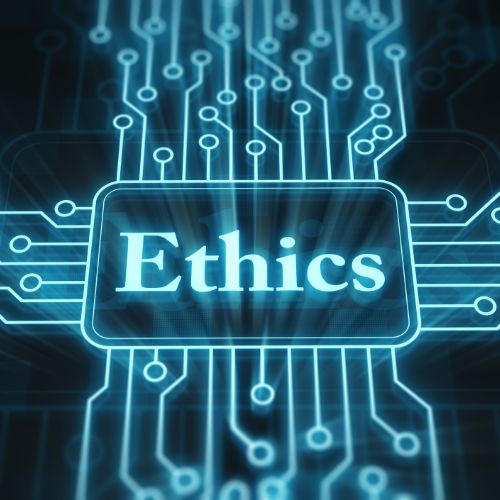
QTM Research
One of the most important skills for future data scientists is to know how to meaningfully engage in the expansion and discovery of new knowledge. We offer QTM students exclusive opportunities to gain this experience under the direction of a distinguished faculty member currently conducting cutting-edge research in their field.
If you're a QTM student who is interested in building their skills, click through each Research Lab below to learn more about the project, and then submit your application to the Lab of your choice!
Diana-Tolbert AI & Philosophy Lab
A significant portion of our work is also devoted to game theory and mechanism design, where we explore strategic interactions within algorithms to foster environments that are not only efficient but also just and fair. Another critical area of our research is causal inference, which enables us to uncover the cause-and-effect relationships that often underlie biased outcomes, providing a pathway towards their mitigation.
We are profoundly interested in the theoretical aspects of how algorithms learn and evolve, known as learning theory, seeking innovations that enhance their performance, fairness, and interpretability. Furthermore, our work is imbued with philosophical inquiries, particularly in the realms of the philosophy of science and political philosophy. These inquiries guide us to reflect on the broader implications of our technological advancements, ensuring that our contributions are not only innovative but also aligned with societal values and ethical standards.

Emory NLP Research Lab

Guldi Lab
We apply computational analysis to collections of text, from the debates of Congress and Parliament to the reports of the IPCC, looking for patterns of institutional and cultural change.
*Students should have taken QTM 340, Text as Data to qualify for this research position.

Legislative Accountability Lab
Legislative accountability is critical to a well-functioning democracy. Accountability requires the ability to observe what legislators are doing, and to be able reward or punish their behavior at the ballot box. To date, our ability to observe legislative behavior has been limited to easily recorded information, such as published (roll call) votes and speeches. Using modern advances in computational techniques, we are creating complete records of all recorded legislative behavior plus all of the “connective tissue” across these records for half a dozen legislative chambers. This data is available as a public resource for studying and holding legislators accountable. Using this exciting new evidence, the Legislative Accountability Lab is studying questions around the rise of political polarization, the causes and consequences of political motivations to manipulate the public record, and more.
Dr. Cliff Carrubba has a rolling call for students interested in working in his lab. Students must be prepared to commit to at least 5 hours of RA work a week. Students can apply for research credit as part of the lab. Students most likely to be accepted are ones with both exceptional conceptual and technical ability. If interested, submit a transcript and one-page statement that describes why you would like to work in the lab and what you are interested in doing after graduating. Dr. Carrubba will get back to you if he would like to invite you to a follow-on interview.

Theory and Models Workshop
